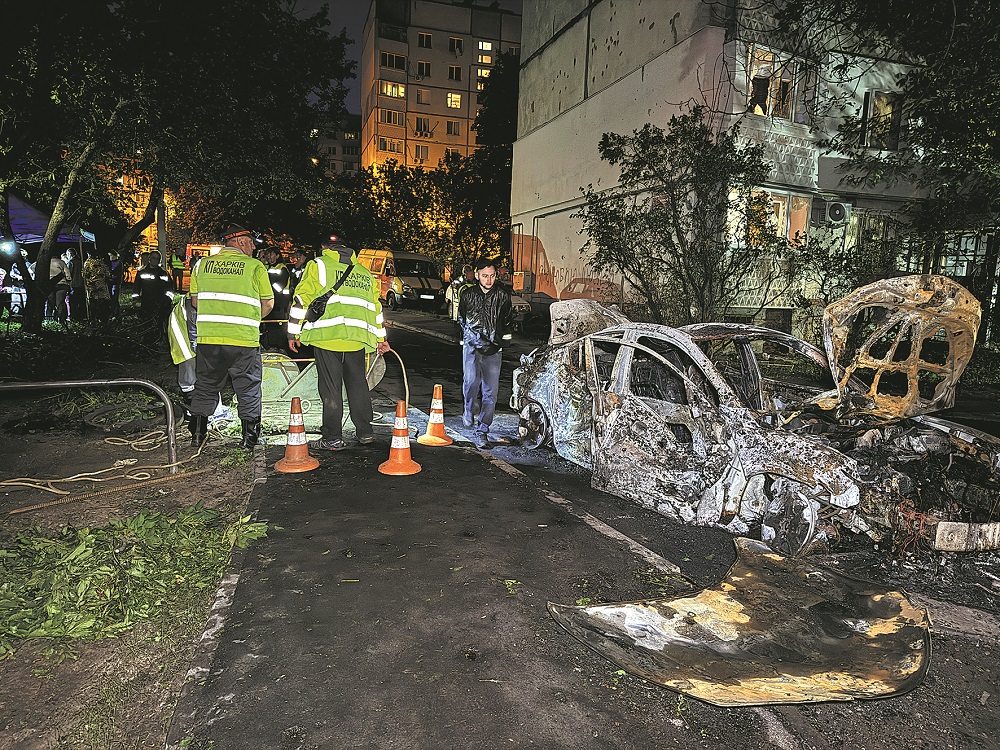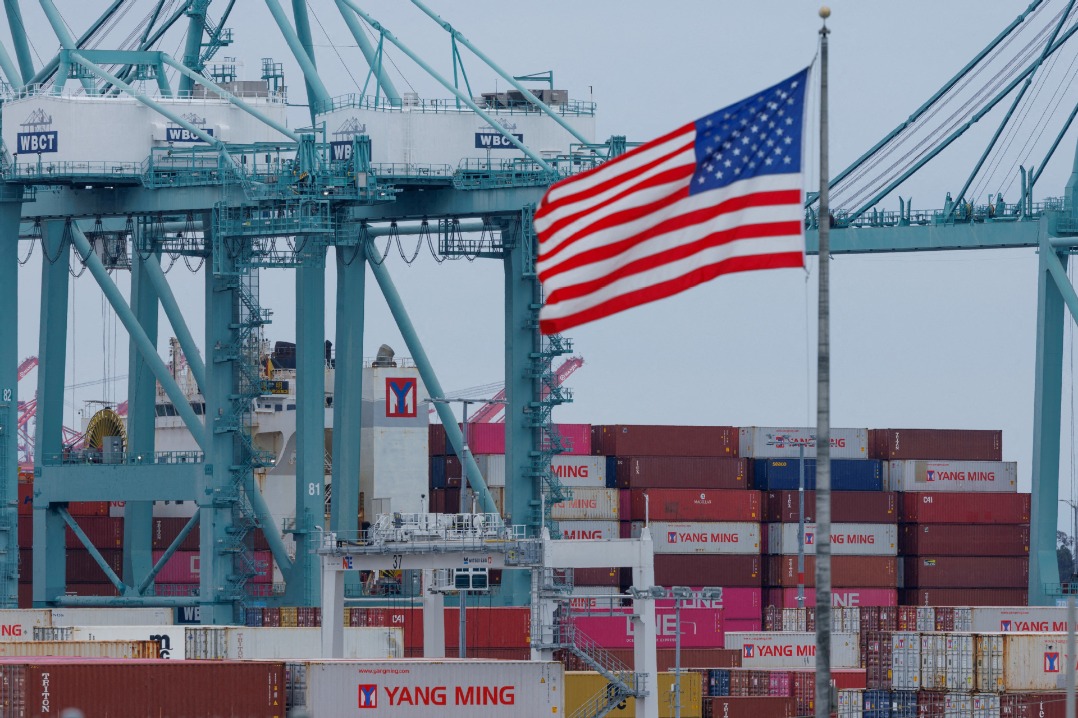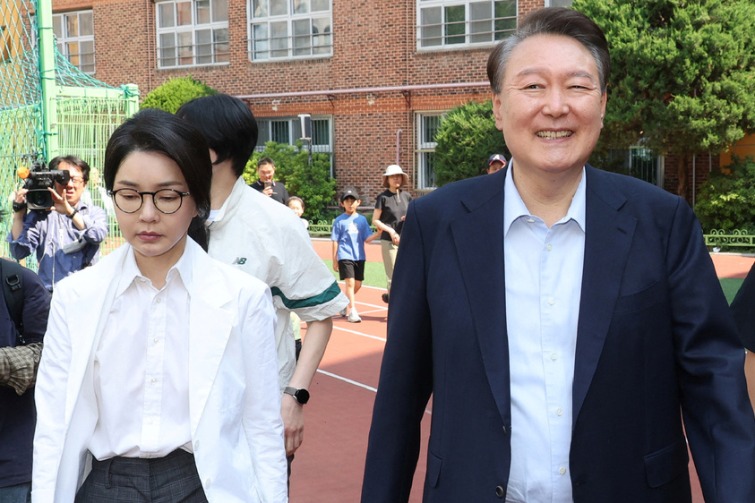Leaders' phone call focuses on aircraft strikes
Putin tells US counterpart that Russia will retaliate as truce remains elusive


MOSCOW/WASHINGTON — US President Donald Trump said on Wednesday he had spoken again to his Russian counterpart Vladimir Putin, but warned that a Ukraine ceasefire remained distant and said the Kremlin leader vowed to retaliate after Kyiv attacked Russian bombers.
"It was a good conversation, but not a conversation that will lead to immediate Peace. President Putin did say, and very strongly, that he will have to respond to the recent attack on the airfields," Trump said on his Truth Social network.
Kyiv's daring strikes on Russian airfields on Sunday destroyed several nuclear-capable aircraft worth billions of dollars, and dominated the third call between the Russian and US presidents since Trump returned to power.
The conflict in Ukraine is intensifying after nearly four months of negotiating efforts with both Moscow and Kyiv from Trump, who says he wants peace after more than three years of the deadliest conflict in Europe since World War II.
Putin told Trump he would have to respond to the drone attacks on the nuclear-capable bomber fleet, while also describing peace talks with Ukraine as "useful".
After Ukraine bombed bridges and attacked Russia's fleet of bombers deep in Siberia and Russia's far north, Putin on Wednesday said he did not think Ukraine's leaders wanted peace.
Shortly after Putin discussed the attacks with top ministers in Moscow, Trump said he had spoken by telephone with Putin for one hour and 15 minutes.
The Kremlin described the call as "positive" and "productive", adding that Trump had told Putin that Washington was not informed in advance about the drone strikes.
A foreign policy aide to Putin, Yuri Ushakov, said the Russian leader told Trump on the call that ceasefire talks between Moscow and Kyiv have been productive, despite what he termed attempts by Ukraine to "disrupt" them.
"Let me stress that our president described in detail the content of the talks and that these talks on the whole were useful," Ushakov said.
Memorandums outlining peace plans were exchanged and will be analyzed, Ushakov said, "and we hope that afterward the two sides will be able to continue their talks".
Putin had earlier appeared to rule out direct talks with Ukrainian President Volodymyr Zelensky. Turkiye has suggested it could host such negotiations and invited Trump too.
Memorandum received
Ukraine received the memorandum from Russia during the bilateral talks held in Istanbul on Monday.
Zelensky on Wednesday described Russia's memorandum as an "ultimatum" to Ukraine, the Interfax-Ukraine news agency reported.
"A memorandum of understanding should involve two parties, not just one side that demands something. Therefore, it cannot be called a memorandum. It is, in fact, an ultimatum from the Russian side," Zelensky said.
He emphasized that some of Russia's requirements, particularly regarding the territorial claims, could not be fulfilled.
Zelensky also urged Ukraine's allies not to show "weakness" over the Russian president's threats of retaliation.
"When he feels neither strength nor pressure, but weakness, he commits yet more crimes," Zelensky said in an online post.
During Trump and Putin's phone call, the two presidents also discussed other international issues, particularly the Middle East conflict and how Russia could help deal with Iran and its nuclear program.
On Iran, Trump said he believed Putin agreed with Washington that Iran "cannot have a nuclear weapon", and accused Teheran of "slow-walking" decisions regarding the talks.
The Kremlin said on Thursday that Putin told Trump that he was prepared to use the partnership between Russia and Iran to contribute to a settlement of the negotiations over Iran's nuclear program.
Starting in April, Iran and the United States have held five rounds of indirect talks. The US insisted during the negotiation that Iran must completely cease uranium enrichment, however, the demand was firmly rejected by Teheran.
Iran's Supreme Leader Ali Khamenei on Wednesday rejected the US proposal for a nuclear deal that would prohibit any uranium enrichment, emphasizing that uranium enrichment is a "key" component of Teheran's nuclear program.
AGENCIES - XINHUA

































